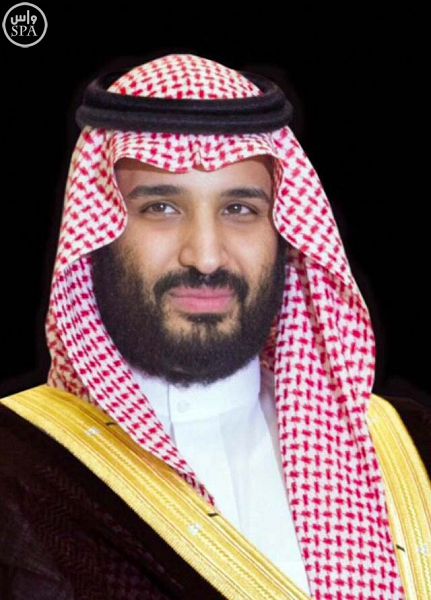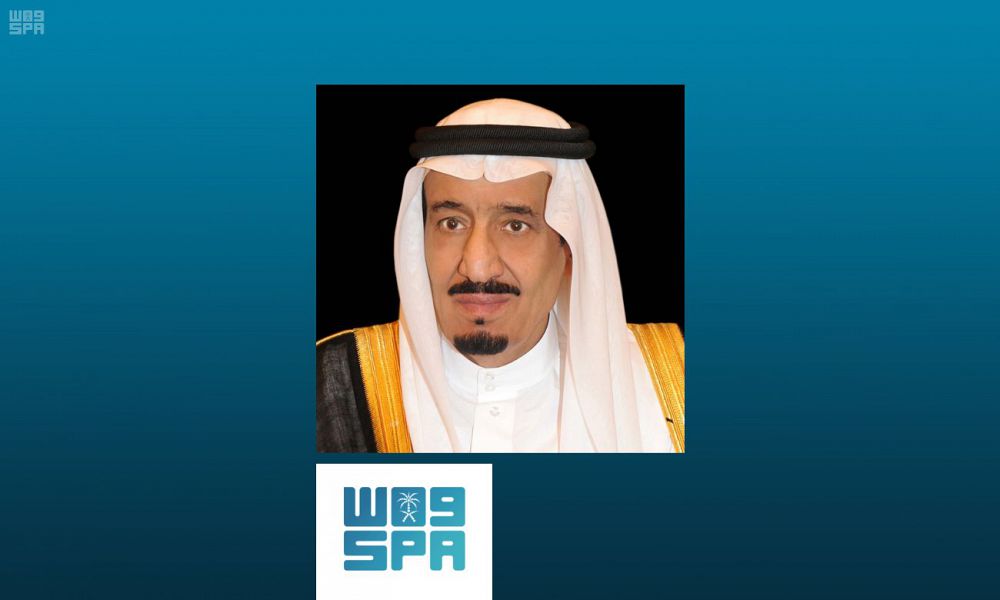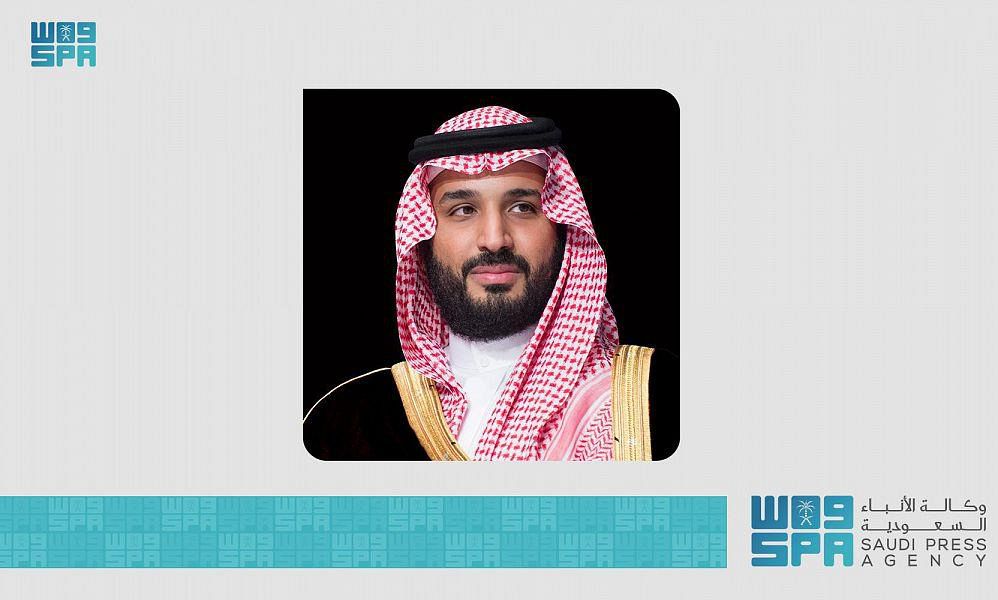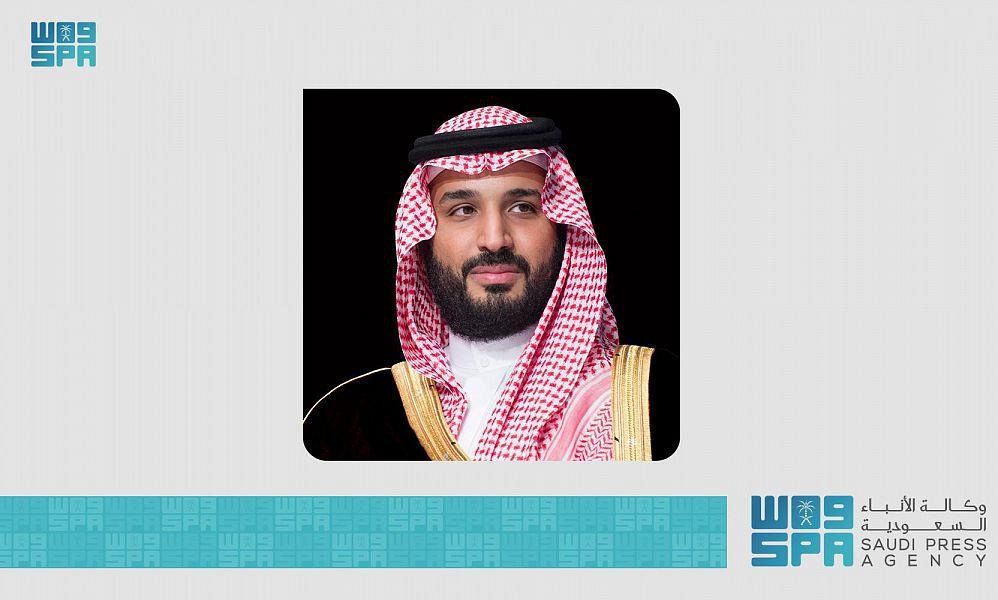
Despite all the turmoil that Nigeria is facing in its northeast, where security forces have been fighting Boko Haram’s rebel forces, and despite an organizational hiccup that led to the postponement of the election by a week, the victory last week of incumbent president Muhammadu Buhari was largely fair, according to the Nigerian election commission and international observers.
In the same week, elections were also held in Senegal, one of the most stable democracies in the continent. There too the incumbent, Macky Sall, held on to his job with a comfortable margin in the voting, despite allegations that he did not allow principal challengers to contest as they have been convicted of corruption charges.
A big and welcome change took place in another large African nation, the Democratic Republic of Congo (DRC), which has been in a civil war almost ever since it gained independence from Belgium nearly six decades ago. For the first time ever, DRC in January saw a peaceful change at the top, when incumbent president Joseph Kabila stepped down after an election that saw the surprise victory of little-known candidate Felix Tshisekedi. Even though the African Union and the EU have expressed doubts about the outcome, there is a new resident in the presidential palace in Kinshasa.
In the last couple of years, there have been other peaceful transitions in Africa, notably in South Africa and Zimbabwe, even though there were several doubts whether the all-powerful and firmly entrenched incumbents, Jacob Zuma and Robert Mugabe, respectively, would ever step down peacefully and of their own accord.
There are other similar success stories coming from Africa and several elections are slated for later this year. Democracy does seem to be on a roll like never before in this heavily conflicted continent.
One of the main reasons for this could be the stepping back of former colonial powers, which have been meddling in the governance of Africa almost like they were when still ruling these nations. Numerous French leaders, including former President Jacques Chirac and ex-Prime Minister Dominique de Villepin, have been accused of receiving bribes from African leaders in exchange for their support, even if they were despotic, had seized power through the barrel of a gun or openly indulged in large-scale violations of human rights and torture. Similarly, Belgium has never really been able to let go of DRC since its role in the assassination of its first democratically elected prime minister, Patrice Lumumba, soon after his 1960 election.
It is encouraging that now, for once, the international community is playing a rather positive role in helping African nations hold free and fair elections by providing observers
Ranvir Nayar
In Libya, it was another French president, Nicolas Sarkozy, who led a NATO military action that helped unseat and eventually led to the death of Libyan leader Muammar Qaddafi in 2011. The oil-rich country’s civil war continues to this day. For nearly a decade, Sarkozy has been fighting charges of having received millions of euros from Qaddafi for his 2007 election campaign.
There have been numerous other examples of French interference in Africa and the continent continues to pay a very heavy price for this. One example is the French guarantee for the CFA Franc, a currency used in 14 central and western African states. The currency is artificially stabilized by the French government and, in return, half of the foreign exchange earnings of these nations are deposited in the French treasury and French government nominees sit on the boards of the central banks of these countries. Some of the most glaring basket cases of Africa, like the Central African Republic, Mali, Niger and Chad, are part of this group of 14 nations.
The French have also been playing kingmakers in various countries, notably their former colonies. The world’s largest cocoa bean producer, the Ivory Coast, is a fitting example. At the beginning of this decade, the French were involved in a painful battle between two Ivorian leaders, which led to the deposition of then-President Laurent Gbagbo in April 2011. Gbagbo, who had ruled for over a decade from the year 2000, was recently acquitted by the International Criminal Court on charges of crimes against humanity in a trial that lasted more than eight years. Gbagbo has repeatedly accused the French government of framing him, as well as playing a decisive role in removing him from power following a disputed election in 2011.
Thus, it is encouraging that now, for once, the international community is playing a rather positive role in helping African nations hold free and fair elections by providing observers. This trend must not only continue but also be reinforced. The African states and people need help in building independent institutions and pillars of democracy, notably an independent judiciary and media, as well as electoral commissions and multi-party systems.
However, democracy will again be tested this year in more than a dozen key African nations, notably Egypt, South Africa, Algeria, Tunisia and Mali. If the elections pass peacefully and successfully in the majority of those nations, it would strengthen democratic institutions across the continent like never before. Then, maybe, the common Africans would have a chance to rebuild their lives and their nations. If only external vested interests stopped playing their power games with some of the poorest and most vulnerable one billion people on the planet.
Ranvir S. Nayar is managing editor of Media India Group, a global platform based in Europe and India, which encompasses publishing, communication, and consultation services.
Disclaimer: Views expressed by writers in this section are their own and do not necessarily reflect Arab News" point-of-view











